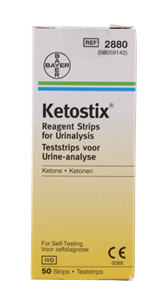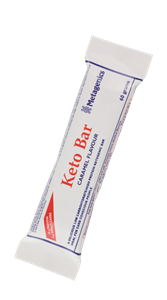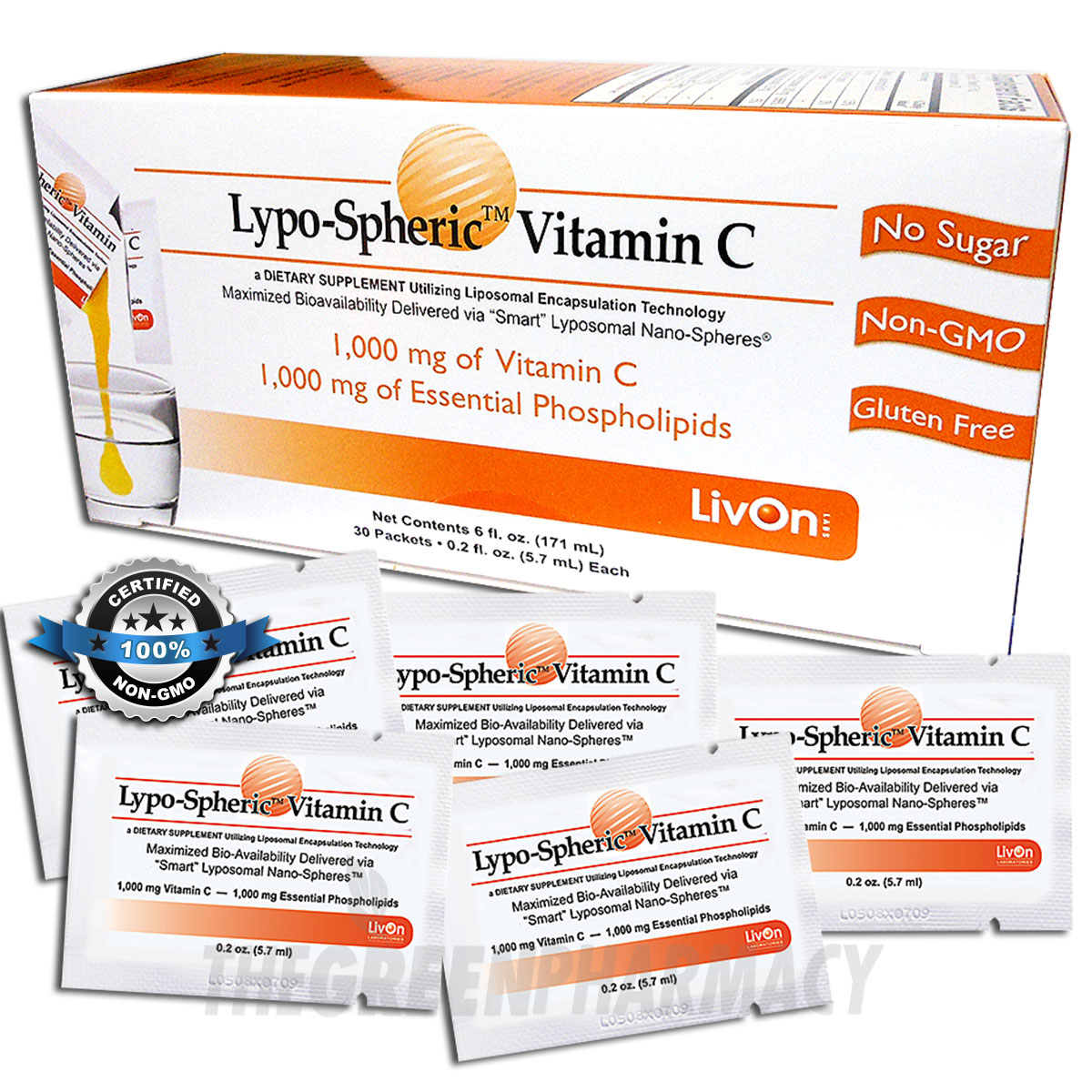MTHFR Wellbeing Total B Drops 100ml
Original price was: $42.95.$37.00Current price is: $37.00.
Description
MAY ASSIST THE FOLLOWING:
|
•
|
Production and metabolism of cellular energy |
| • | Metabolism of carbohydrates, fats and proteins |
| • | Nervous system function |
| • | Immune system function |
Description
- Higher dose of B vitamins in an easy to dispense.
- The MTHFR Group Total B drops is a comprehensive blend of eight B vitamins in a flavour-free, liquid delivery for flexible dosing.
- Featuring activated forms of B6, Folate and B12, this formula has been created to meet the needs of patients with methylation polymorphisms.
- B vitamins are important nutrients that are involved in hundreds of metabolic and enzymatic reactions. A deficiency in B vitamins can impact nutrient metabolism, protein metabolism, the synthesis of neurotransmitters and other amino acids and proteins, fertility and pregnancy, immunity, antioxidant capabilities, energy production and they play an important role in one-carbon metabolism serving as cofactor enzymes.
- B vitamins have traditionally been taken together for their synergistic role in supporting various systems of the body.
- Support energy levels via providing important nutritional coenzymes required in the Krebs cycle, glycolysis and other biochemical pathways.
- Support cardiovascular health via regulating the homeostasis of methylation
- Support healthy immunity via assisting with the quenching of free radicals (antioxidants) and in DNA repair (methylation)
- Provides neurological support through efficient methylation and the synthesis of essential proteins (myelin sheath) as cofactors in metabolic processes.
| Vitamin B5 | 10 mg |
| Vitamin B3 | 5 mg |
| Vitamin B6 | 5 mg |
| Vitamin B1 | 5 mg |
| Vitamin B2 | 5 mg |
| Vitamin B12 | 200 mcg |
| Folate (5-MTHF) | 100 mcg |
| Biotin | 50 mcg |
Full ingredient list
Vegetable Glycerine, Purified Water, Vitamin B5, Vitamin B1, Vitamin B3, Vitamin B6, Folate, Vitamin B12, Xanthan Gum, Biotin
Free from
Dairy, gluten, soy, nuts, flavours, colourings or preservatives.
Vegan & Vegetarian friendly formula.
Vegetable-derived glycerine acts as a natural preservative
Adult Dose
½ – 1 tsp (2.5-5mL) daily, or as recommended by your healthcare professional.
Children’s Dose
Children 2-5yrs: 20 drops
Children 5-12yrs: 1/4 tsp per day
Children 13-18: ½ teaspoon per day
For children under 2 years of age, please speak to your health professional about the suitability of this product.
A B complex vitamin usually delivers eight of the B vitamins: B1 (thiamine), B2 (riboflavin), B3 (niacin), B5 (pantothenic acid), B6 (pyridoxine), B7 (biotin), B9 (folic acid), and B12 (cobalamin). Found naturally in meat, leafy greens, dairy, beans, peas, and whole or fortified grains, B complex vitamins help your body make energy from the food you eat, form red blood cells, and play an essential role in certain bodily functions. Take a closer look at the benefits, signs of deficiency, and food sources for each of these B complex vitamins.

B1 (Thiamine)
Health Benefits
- Helps the body use carbohydrates from food to produce energy
- Needed for the health of the brain, muscles, and nervous system
- Critical for the growth, development, and function of cells in the body
Symptoms of Deficiency
- Weight loss
- Short-term memory loss
- Weakness
- Fatigue
- Cardiovascular symptoms
- Irritability
- Beriberi
Food Sources
Common food sources of vitamin B1 include fortified breakfast cereal, enriched and whole grain products (bread, breakfast cereals, rice, noodles, and flour), wheat germ, pork, trout, black beans, mussels, and tuna.

B2 (Riboflavin)
Health Benefits
- Works with other B vitamins (helps convert B6 into a usable form and aids in niacin production)
- Helps convert food into energy
- Needed for red blood cell production and growth
- Keeps the eyes, nervous system, and skin healthy
Symptoms of Deficiency
- Skin disorders
- Swelling of the mouth and throat
- Cracks at the corners of the mouth
- Swollen, cracked lips
- Hair loss
- Sore throat
- Sensitivity to light.
Food Sources
Common food sources of vitamin B2 include milk and dairy products, fortified breakfast cereals, beef liver, clams, portobello mushrooms, almonds, and chicken.

B3 (Niacin)
Health Benefits
- Aids in the conversion of food into energy
- Helps enzymes in the body function properly by helping the body use other B vitamins and make and repair DNA (the genetic material found in all body cells)
- Needed for the production of hormones, such as sex and stress hormones
- Helps with the function of the digestive and nervous systems and skin
Symptoms of Deficiency
- Digestive problems
- Canker sores
- Fatigue
- Inflamed skin
- Poor circulation
- Depression
- Vomiting
- Pellagra
Food Sources
Common food sources of vitamin B3 include eggs, fish, fortified bread and cereal, rice, nuts, milk and dairy, chicken, beef, turkey, lamb, organ meats, peanuts.
B5 (Pantothenic Acid)
Health Benefits
- Breaks down fats and carbohydrates for energy
- Plays a role in the production of sex and stress hormones in the adrenal glands and neurotransmitters
- Helps the body use other vitamins, such as riboflavin
- Vitamin B5 is needed for the production of red blood cells and cholesterol
Symptoms of Deficiency
- Burning feet
- Depression
- Fatigue
- Insomnia
- Irritability
- Stomach pains
- Upper respiratory tract infections
- Vomiting
Food Sources
Common food sources of vitamin B5 include meat, avocado, broccoli, kale, eggs, milk, mushrooms, fortified cereals, organ meats, poultry, potatoes, and legumes.
B6 (Pyridoxine)
Health Benefits
- Needed by the body to use and store protein and carbohydrates from food (in the form of glycogen, a stored energy in the muscles and liver)
- Required for more than 100 enzyme reactions in the body. It aids in the formation of hemoglobin (a substance in red blood cells that carries oxygen through blood) and neurotransmitters and hormones that influence mood and regulate the body’s clock
- Involved in immune function and brain development and function
Symptoms of Deficiency
- Depression
- Difficulty concentrating
- Irritability
- Muscle weakness
- Nervousness
- Short-term memory loss
Food Sources
Common food sources of vitamin B6 include chickpeas, beef liver, tuna, salmon, chicken breast, fortified breakfast cereal, potatoes, turkey, fruits (except citrus), and beef.
B7 (Biotin)
Health Benefits
- Helps the body convert the fats, carbohydrates, and proteins in the food that you eat into energy
- Needed to make fatty acids
- Promotes growth and bone and hair health
Symptoms of Deficiency
- Hair thinning or loss
- Skin rashes around the eyes, nose, mouth, or other mucus membranes
- Dry eyes
- Brittle nails
- Muscle pain
Common food sources of vitamin B7 include beef liver, egg yolk, wheat germ, pork, beef, sunflower seeds, sweet potato, almonds, whole grain foods, sardines, spinach, and broccoli.
B9 (Folic Acid)
Health Benefits
- Helps your body make red blood cells
- Needed to help cells make and maintain DNA
- Reduces the risk of birth defects in the brain and spine, such as spina bifida
Symptoms of Deficiency
- Diarrhea
- Forgetfulness
- Gingivitis
- Loss of appetite
- Shortness of breath
- Irritability
- Tongue inflammation
- Poor growth
Food Sources
Common food sources of vitamin B9 (folate) include spinach, beef liver, broccoli, Brussels sprouts, beans and legumes, asparagus, orange juice, peanuts, avocado, dark leafy greens, fortified cereals, and salmon.
B12 (Cobalamin)
Health Benefits
- Helps keep the nervous system and red blood cells healthy
- Required for the formation of red blood cells and DNA
- Important for protein metabolism
Symptoms of Deficiency
- Fatigue
- Weakness
- Constipation
- Lack of appetite
- Weight loss
- A type of anemia known as megaloblastic anemia
- Numbness and tingling in the fingers and toes
- Nerve damage
Food Sources
Common food sources of vitamin B12 are found primarily in animal foods, such as beef liver (and other organ meats), clams and other shellfish, beef, chicken, fish, eggs, milk and other dairy products, and some fortified cereals.
Uses
With a key role in converting food into fuel, proponents claim that B complex vitamins can help with a variety of conditions, including anxiety, depression, heart disease, and premenstrual syndrome (PMS).
While most people who eat a varied diet get enough B vitamins from food, some people are at an increased risk of deficiency, particularly those who are over the age of 50, take antacid medication, or have celiac disease, Crohn’s disease, gastritis, or other digestive disorders.
If you have had stomach or weight loss surgery, drink alcohol regularly, or follow a vegetarian or vegan diet, you may be more prone to a deficiency.
Pregnant and breastfeeding women may need more of vitamins B6, B12, and folic acid.









